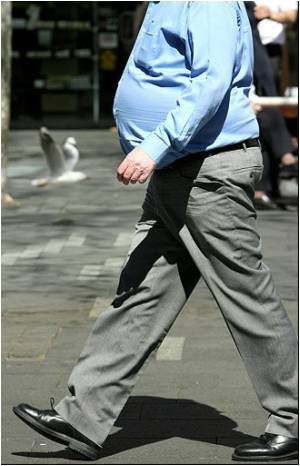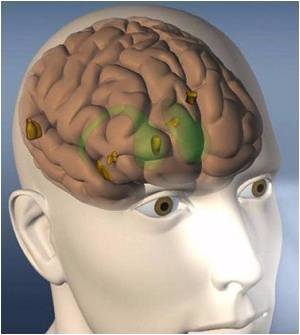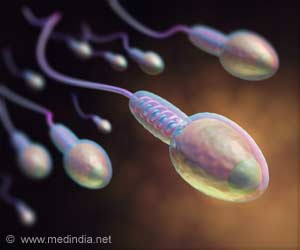A new study has claimed that obese men could have low levels of sex hormone testosterone.

The percentage rose to 50 percent among obese men with diabetes. Results also revealed that as body mass index (BMI) -- a relationship of weight-to-height-increased, testosterone levels fell.
"The effect of diabetes on lowering testosterone levels was similar to that of a weight gain of approximately 20 pounds," says Sandeep Dhindsa, MD, an endocrinology specialist in the UB Department of Medicine and first author on the study.
"In view of the fact that almost one-third of the U.S. is obese, these observations have profound pathophysiological, clinical, epidemiological and public health implications."
The study shows that obesity and diabetes may exert independent influences on testosterone concentrations.
"We published a report in 2004 on the high prevalence of low testosterone levels in men with type 2 diabetes, and multiple studies all over the world have confirmed the association of low testosterone with diabetes," Dhindsa notes.
Advertisement
The study involved 2,165 men 45 years or older who provided blood samples for analysis of testosterone concentrations.
"We hypothesized that obese men are more likely to have low testosterone than non-obese men, and that we would find more low testosterone levels in men with diabetes than in men without diabetes, both obese and non-obese."
Source-ANI
SAV















